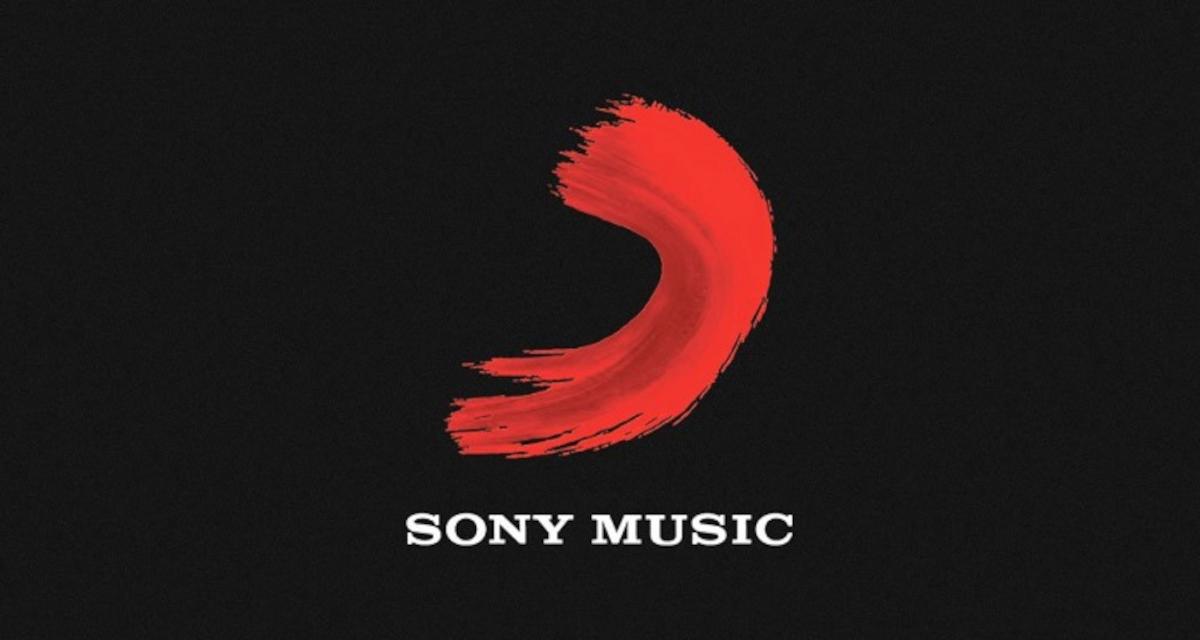
A federal judge has partially granted Sony Music Entertainment’s motion for summary judgement in a much-publicized copyright infringement battle with Bang Energy Drink.
This latest development in the high-profile infringement case – which kicked off in August of 2021 and is separate from an ongoing courtroom confrontation between Vital Pharmaceuticals (which operates as Bang Energy) and Universal Music Group – just recently came to light in a 35-page-long omnibus order.
The actions from UMG and SME center on Bang’s allegedly unauthorized use of music in promotional videos on TikTok – including the alleged infringement of 211 recordings that Sony Music owns or controls. Said alleged infringement is purported to have occurred on a minimum of 286 videos that Bang (not influencers) posted across TikTok, Triller, Instagram, Facebook, and YouTube alike; the platforms’ respective licensing agreements don’t extend to brands or paid content.
(The recordings figure consists specifically of 115 works for which SME is named as a “claimant on copyright registrations,” 46 works it obtained via the acquisition of companies, 42 works deriving from “ownership or an exclusive license through a third party,” six works attributable to exclusive licenses from foreign affiliates, and two works that were created before 1972, according to the decision.)
Regarding the presiding judge’s newest ruling, both Sony Music and Bang had sought summary judgement – the Big Three label for liability on 203 of the allegedly infringed recordings, among other things, and the energy-drink brand for damages and several of the infringement claims.
In brief, the court determined that SME was entitled to partial summary judgement regarding Bang’s liability for direct infringement, referring to videos posted to social media by the company itself.
Explaining the decision, Judge William Dimitrouleas pinpointed the perceived lack of specificity of Bang’s arguments (including that some of the songs at hand are remixes or covers) against direct infringement (“merely asserting a boilerplate list of potential factual disputes as it pertains to 24 different videos, unaccompanied by any effort at developing an argument, is wholly insufficient to create a dispute of fact regarding direct infringement”).
Shifting to contributory copyright infringement (concerning around 98 Bang ads uploaded by influencers), though, the court found that the plaintiffs aren’t entitled to summary judgement, agreeing with Bang’s argument that “knowledge of the [influencer] videos is not the same as knowledge of the infringement and there is evidence from which a reasonable juror could infer Bang reasonably believed that” these paid influencers’ uses of protected music were lawful.
In terms of vicarious liability for the influencer videos, however, Judge Dimitrouleas ruled in Sony Music’s favor, rejecting Bang’s various arguments that it hadn’t possessed the ability to prevent or end the influencers’ alleged direct infringement. Additionally, for the other vicarious liability element, the court relayed that Bang had “a clear economic incentive to tolerate the infringing videos.”
Lastly, the court, in denying Bang’s aforementioned motion for summary judgement, found that Sony Music had demonstrated ownership of the allegedly infringed recordings despite claims to the contrary, besides refusing to consider whether Bang is entitled to summary judgement for eight recordings for which SME and the other plaintiffs haven’t themselves sought summary judgement.
Judge Dimitrouleas also disagreed with the defendants’ argument that the plaintiffs can’t “show actual damages nor a causal relationship between the infringement and Bang’s profits” in order to collect the corresponding revenue.

